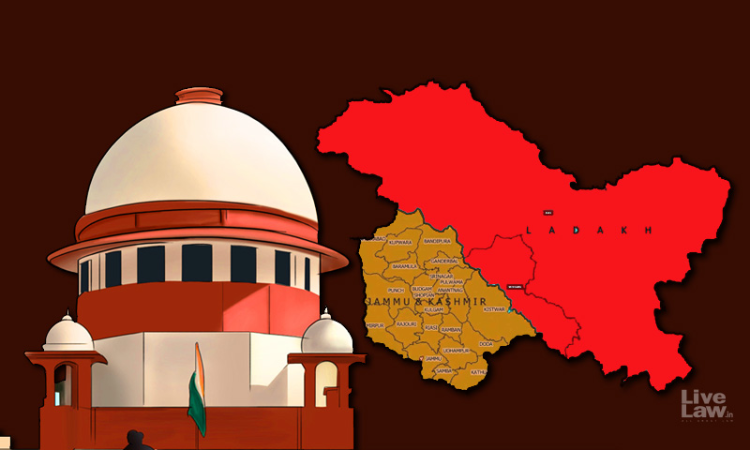The Ministry of Home Affairs, on behalf of the Union of India and the Union Territory of Jammu and Kashmir has filed a response along with the Election Commission of India before the Supreme Court opposing the pleas challenging the formation of the Delimitation Commission.The responses have been filed in the petition filed by J&K residents Haji Abdul Gani Khan and Dr. Mohammad Ayub Mattoo...

